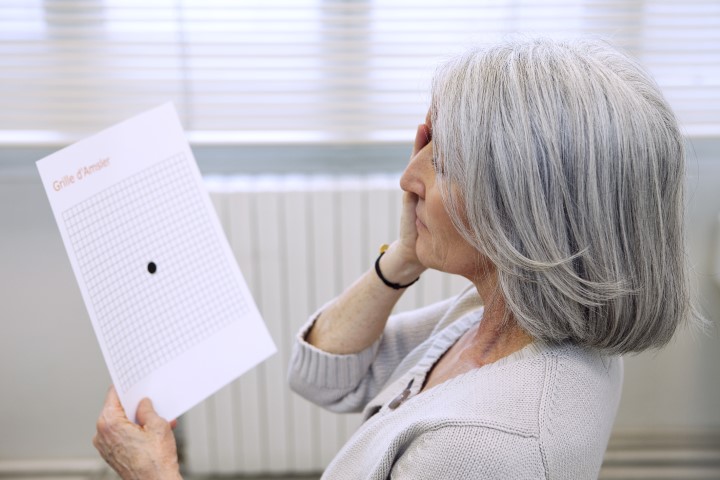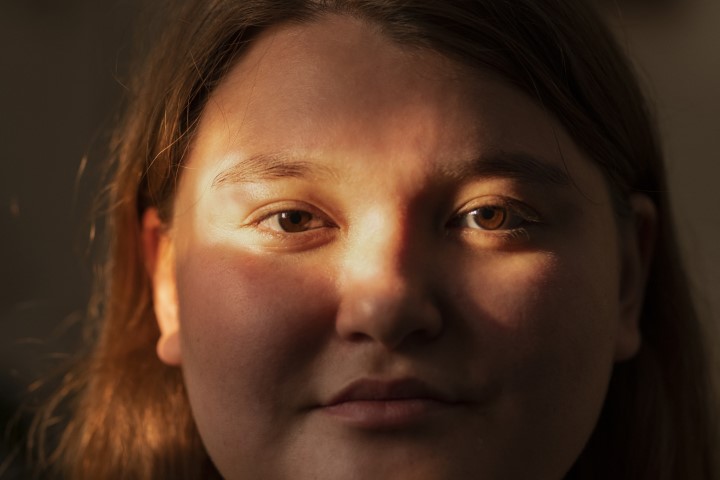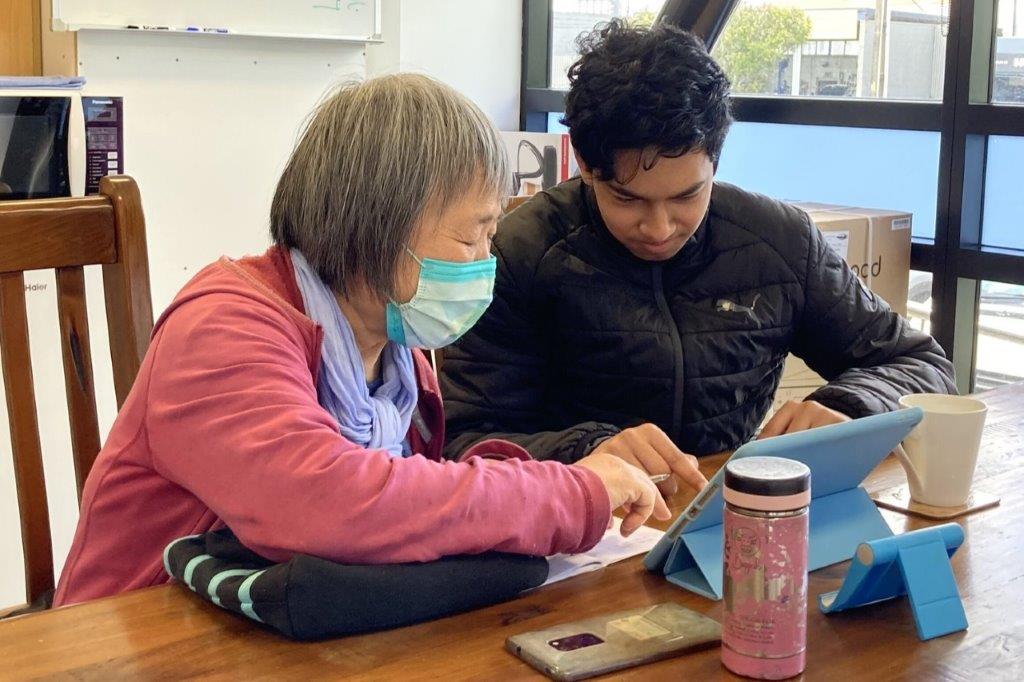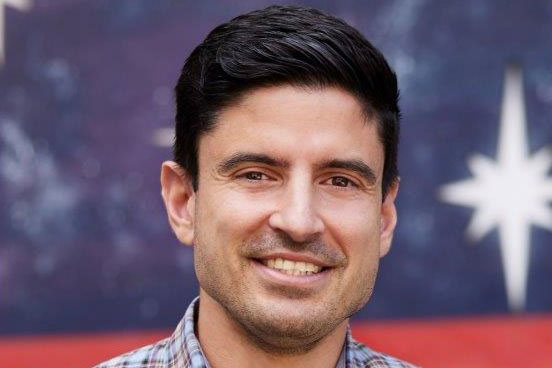RANZCO reviews training
The Royal Australian and New Zealand College of Ophthalmologists (RANZCO) is reviewing its training in Australia and New Zealand and calling for input from its members. Three main training aspects are under the microscope, it said:
Curriculum
The curriculum review, which was last done in 2015, is necessary for RANZCO to maintain its Australian Medical Council (AMC) and Medical Council of New Zealand (MCNZ) accreditation. RANZCO is encouraging fellows to provide feedback through an online discussion board. RANZCO censor-in-chief, Dr Justin Mora, said the College is also carefully considering various forms of assessment, such as programmatic assessment (PA) to accompany exams. PA is described in the literature as “[aiming] to assess students more holistically and meaningfully with rigorous attention to trustworthiness and credibility of the whole assessment process.” Any changes made will apply across the whole training programme and are likely to be phased in so as not to adversely affect anyone already enrolled, added Dr Mora.
Rural Training
RANZCO has a number of training posts in regional Australian centres which have received special funding for training following requests from local ophthalmologists and is currently exploring the possibility of establishing a rural training network to further meet rural Australians’ needs. There are many similar issues in both Australia and New Zealand, said Dr Mora, but New Zealand already has a number of regional training posts and may not require much change.
Selection
RANZCO ran a situational judgement tests (SJTs) pilot this year for all applicants and Dr Mora said he expects SJTs to be used officially for the 2020 intake. Writing in RANZCO’s Eye2Eye publication, he said there was a great deal of evidence confirming the reliability and validity of SJTs as a tool for measuring critical characteristics such as communication, collaboration and professionalism. “When we have trainees who struggle, it is most commonly because of a failure of one of these attributes so we intend to emphasise them during the selection process… There will also be weightings to help increase the number of indigenous ophthalmologists and those more likely to add to our rural workforce.”
Weightings will be confirmed later in 2018, and will apply to all candidates, said RANZCO, with any changes made circulated in time for the 2020 applicants to take them into consideration.


























